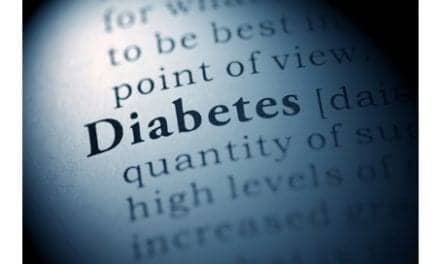Patients and physicians should be prepared to manage a variety of complications over time following elective hip surgery, even as the surgeries themselves are considered a success, researchers suggest.
In their study, published in the British Journal of Sports Medicine, researchers note that up to 2 years following the surgery, many patients reported a range of health issues, such as sleep problems, arthritis, and cardiovascular disease.
“Our study focused on a younger group—current and former military personnel ages 18-50—and compared their medical records both before and after surgery,” says Daniel Rhon, DSc, an adjunct professor at the Duke Clinical Research Institute and the study’s lead author, in a media release from Duke University Medical Center.
“Even among this younger group, the number and frequency of these hidden complications that arose after elective hip surgery suggests we should be taking a more holistic approach, proactively assessing patients for risks other than the standard surgical complications we more commonly look for,” Rhon adds.
In their study, Rhon and senior author Chad Cook, PhD, program director of Duke’s Doctor of Physical Therapy Program—conducted the observational study by examining Military Health System records of 1,870 former and current service members undergoing arthroscopic hip surgery between 2004-2013. Patient records were collected for the 12 months prior to and 24 months after surgery.
They identified incidents of mental health disorders, chronic pain, substance abuse issues, cardiovascular ailments, metabolic syndrome, arthritis, and sleep problems that were noted in the patients’ medical records both before and after their elective hip surgeries.
Post-surgery incidence of all comorbidities after the procedure rose dramatically: mental health disorder increased 84%; chronic pain diagnoses soared 166%; substance abuse ticked up 57%; cardiovascular disorders rose 71%; metabolic syndrome cases rose 86%; arthritis spiked 132%; and sleep disorders jumped 111%.
“Hip arthoscopy is becoming more common even among younger people, and it can be quite successful in resolving chronic, painful conditions,” Cook says. “But it’s important to be prepared for a lengthy recovery. These are surgeries where people are prohibited from fully bearing weight for several weeks, so they can’t exercise, they can’t sleep comfortably, they are in pain.”
Rhon adds that disruptions in sleep can be particularly problematic. Without proper rest, the sense of pain escalates, leading to a negative spiral of fatigue and pain that then depresses mood, energy levels, and general health.
“These issues are compounding on each other,” Rhon comments. “Our study serves as an important alert to both doctors and patients. Armed with this knowledge, we can be vigilant in addressing these problems earlier and potentially stopping others from developing.”
[Source(s): Duke University Medical Center, Science Daily]





